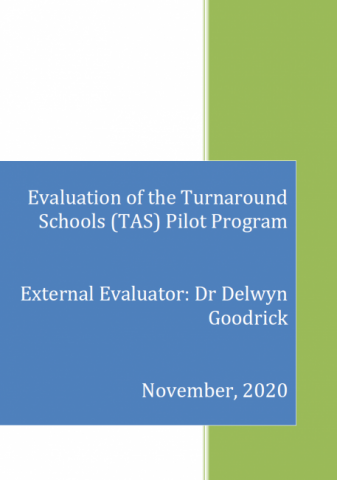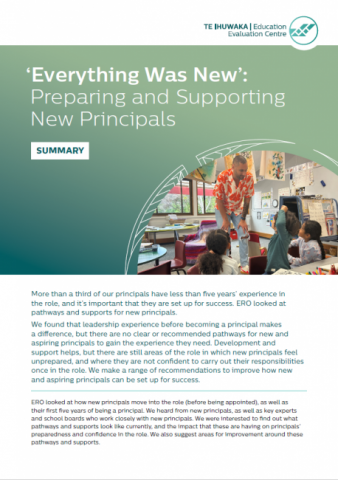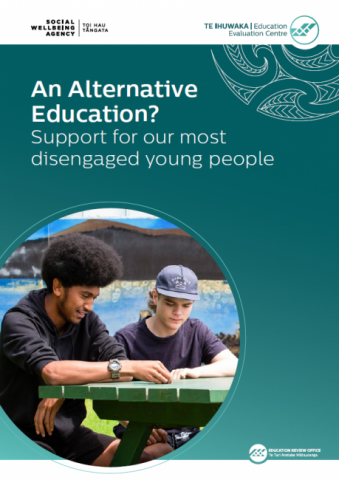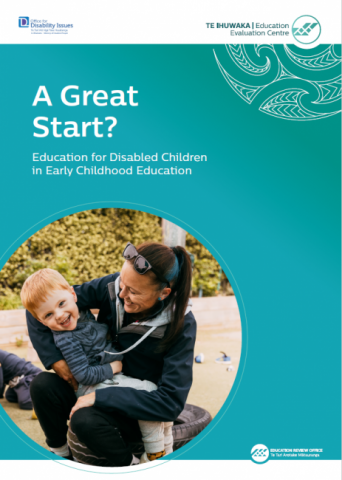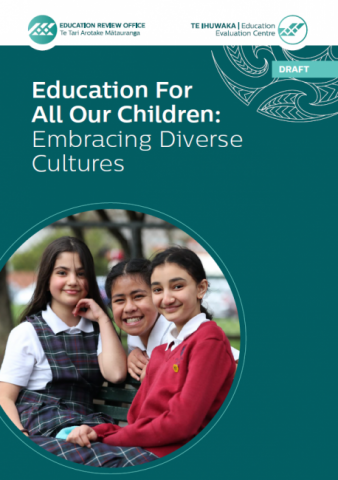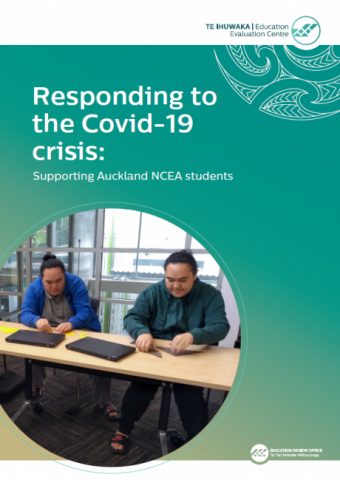Evaluation Indicators for School Reviews: A commentary on engaging parents, whānau and communities
Published: 27 May 2021
In her introduction, Berryman offers a brief critique of the current set of evaluation indicators and their framing. While broadly approving, she expresses concern that the relational and dynamic nature of the Dimension 6 indicators is not made explicit. Even more fundamental, although the document references the Treaty of Waitangi in the Introduction, the wording casts Māori in a recipient role rather than as one of two equals in a partnership.
- Audience:
- Academics
- Content type:
- Basic page
